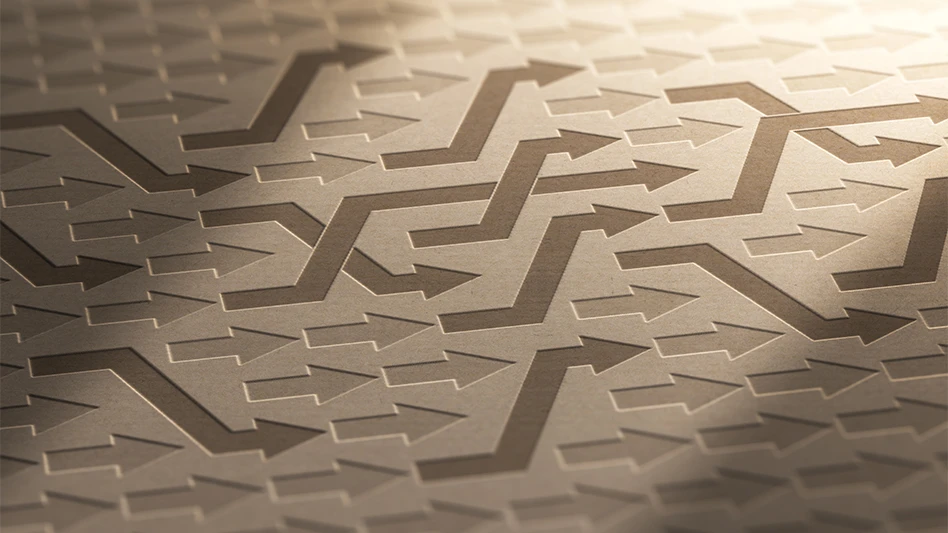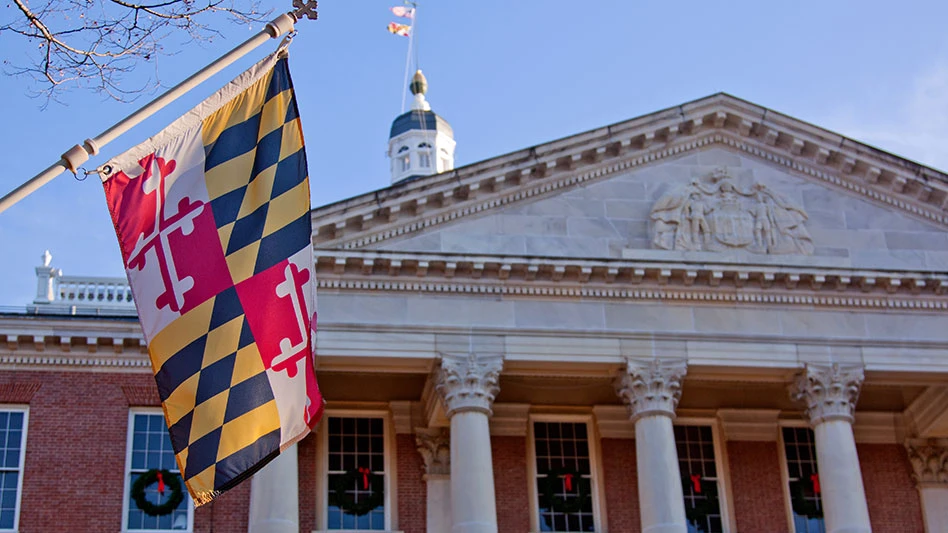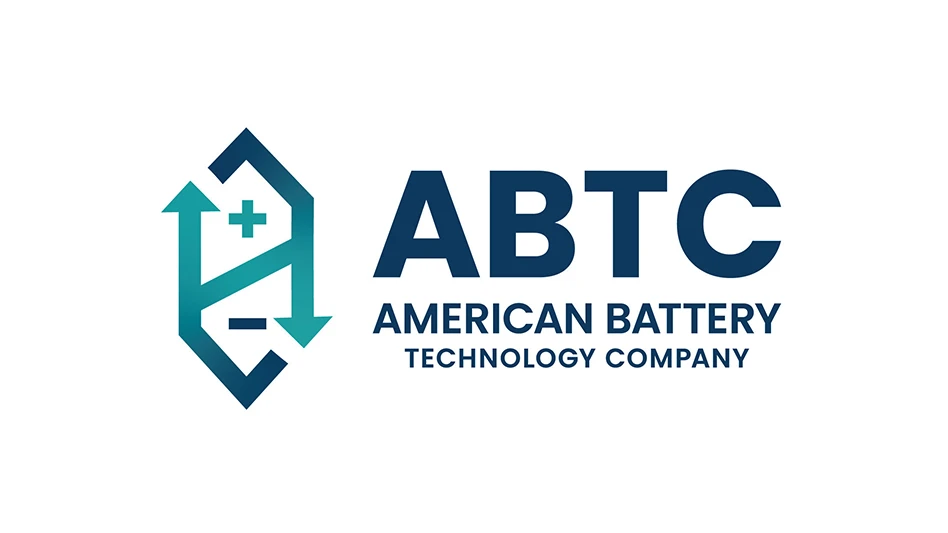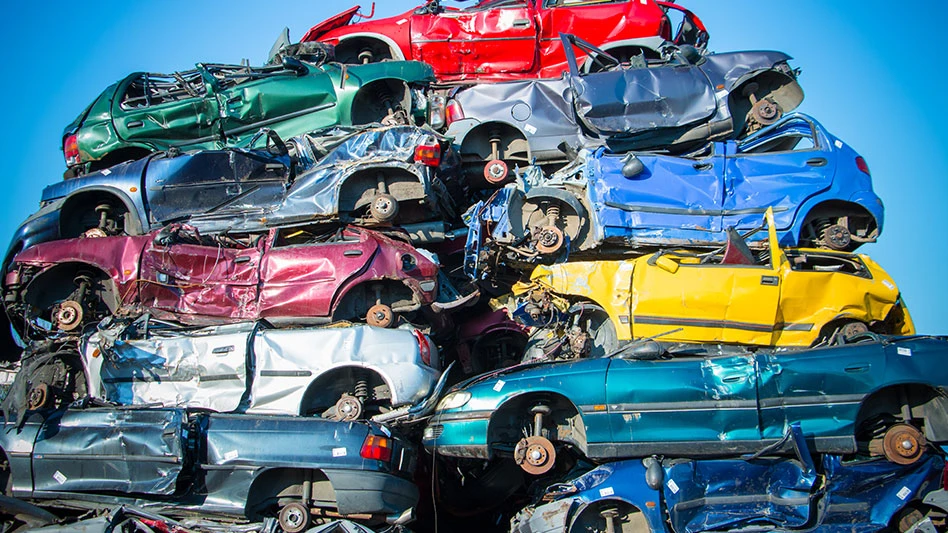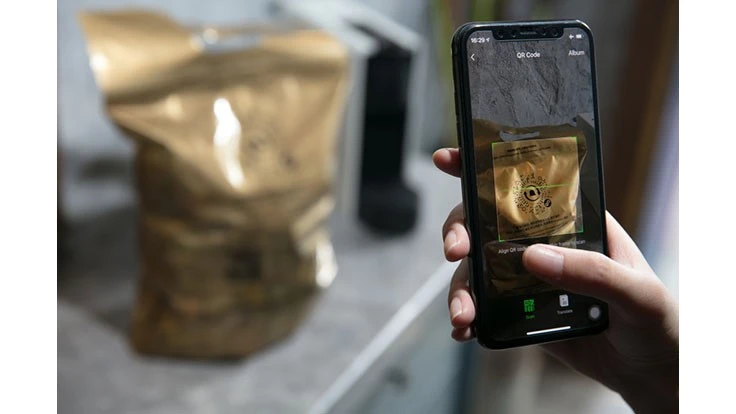
JD Logistics
Customers of Switzerland-based Nespresso can now recycle their coffee capsules through a new “doorstep recycling program,” which leverages Waukesha, Wisconsin-based JD Logistics’ in-house logistics network.
Any Nespresso customer across China can now use the program to schedule a JD courier to come to their door and pick up their used coffee capsules on either the same day or next day, according to a news release. Previously, this service was only available for deliveries to Nespresso boutique locations or for select customers, including offices, restaurants or hotels.
“It’s a great honor to work with JD for this project. Sustainable development is Nespresso’s brand responsibility, as well as the core concept of our business strategy," says Alfonso Troisi, business executive officer Greater China of Nespresso. “With the support of JD’s premium in-house logistics network, we will be able to reach more consumers and recycle more than ever before. We believe that we can achieve 100 percent recycling capacity all over the world in 2020.”
Based on a user’s location, JD will deliver the used Nespresso capsules to the nearest recycling plant in Beijing, Shanghai or Guangzhou. The aluminum from the capsules will be made into novelty gift products, including Nespresso-branded knives, while the used coffee grounds will be used as fertilizer for Nespresso’s eco-farm on Chongming Island, by the Yangtze River near Shanghai.
“Environmental protection is a huge priority for us so we are thrilled to be part of this initiative,” says Wei Tang, head of key account management at JD Logistics. “Working with Nespresso to leverage our logistics is making it easier than ever for consumers and businesses to do their part to be green. This is one of many initiatives in this vein, and there will certainly be more in the future.”
This is not JD Logistics’ first foray into recycling. Last year, JD leveraged its in-house logistics fleet to collect used clothes from households across China as part of an effort with the World Wide Fund for Nature (WWF), Switzerland, to raise awareness of sustainable development in the retail industry.
Ball Corp. debuts aluminum cup for sports, entertainment venues
Ball Corp., Broomfield, Colorado, has announced the launch of a pilot of “infinitely recyclable” aluminum cups in the U.S. Ball developed the aluminum cup over the past several years as an alternative to plastic cups for use at home and in other areas where plastic cups are common, including indoor and outdoor venues across the country. The pilot will produce a limited supply of aluminum cups through 2020 for use in entertainment venues, major concessionaires and other locations.

"As our customers and consumers increasingly seek sustainable beverage packaging options, the launch of the aluminum cup is a significant moment for our company," says John Hayes, Ball chairman, president and chief executive officer. "It is our responsibility as the leader in aluminum beverage packaging to continuously innovate and provide solutions for our customers. We're excited to bring the aluminum cup to market and expand the product line next year and beyond."
Beginning September 2019, Ball will roll out a number of pilots with major venues and concessionaires across the U.S. to replace their plastic cups with aluminum cups. Ball's research shows that 67 percent of U.S. consumers say they will visit a venue more often if they use aluminum cups instead of plastic cups and that 78 percent of consumers expect beverage brands to use environmentally friendly containers in the next five years.
The company adds aluminum is the most sustainable beverage packaging material and aluminum cups can be easily recycled. Seventy-five percent of the aluminum ever produced is still in use today, Ball says.
The cup is currently available in a 20-ounce size. Ball aims to introduce additional sizes in the future based on market demand. Ball expects to ramp up production in its Westminster, Colorado, innovation facility by the end of 2020, and hopes to expand adoption of the cups to restaurants, bars, convenience stores, breweries and retail locations.
Nike’s new Air Max 90 sneakers made with recycled foam
Nike, Beaverton, Oregon, has launched the vegan Air Max 90s made from upcycled sawdust, recycled foam and organic cotton. The sneaker is made in collaboration with clothing brand Maharishi in celebration of its flagship in New York City’s Tribeca neighborhood, which opened last month.
The outside of the shoe was designed with sustainability and recycling in mind and includes material created from recycled athletic footwear, recycled foam and manufacturing scraps.
Nike is among a number of shoe brands that have increased recycled content in new products amid consumer demand for more sustainable products as well as heightened awareness of the global plastic problem. Adidas also makes shoes from recycled materials and has launched a sneaker in collaboration with Parley for the Oceans.
Get curated news on YOUR industry.
Enter your email to receive our newsletters.
Latest from Recycling Today
- Circular by Shapiro releases "5 for Five" sustainability series
- Graphic Packaging set to close Ohio CRB facility
- Ameripen voices support for Maryland EPR bill
- Matalco to close Canton, Ohio, plant
- Maryland county expands curbside recycling to include electronics
- California EPS ban will be enforced
- YKK AP America introduces BetterBillet
- Fresh Perspective: Cameron Keefe

